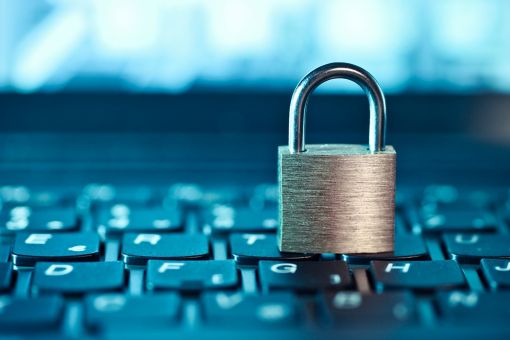In the course of progressive digitalisation, people are generating an almost unimaginable amount of data - estimates speak of 33,000 exabytes, which corresponds to 33,000 billion gigabytes. The security of this data and its transmission should not be underestimated.
Data security thanks to cryptography
In order to exchange information securely with each other, we have been using cryptography for centuries, for example to encrypt information or to authenticate people. In a society permeated with digital structures, we communicate for the most part with virtual, digital information. Previous (asymmetric) encryption systems are based on difficult mathematical problems, such as decomposing a number into a product of prime factors. The goal here is that there is no efficient way to gain unauthorised access to the information or to change it.
Disruption durch Quantencomputer
But what if technical innovations threaten the security of man-made data? Where conventional supercomputers take years, even centuries, quantum computers solve some problems in a short time, on which modern cryptography is based. Large amounts of data, such as in financial transactions, email communication, critical infrastructure or transport systems, become vulnerable. The extent of quantum-based possibilities and uncertainties does not yet seem foreseeable. For this reason, we have surveyed the market, want to educate on this and create awareness.
Dr. Michael Falk
Partner, Consulting, Cyber Security
KPMG AG Wirtschaftsprüfungsgesellschaft
About the study
Together with the German Federal Office for Information Security (BSI), we have conducted a Germany-wide market study to assess the state of knowledge about the potential impact of quantum computing on cryptography as well as the state of migration to quantum-safe alternatives in companies.
You can download the results of the study here.





